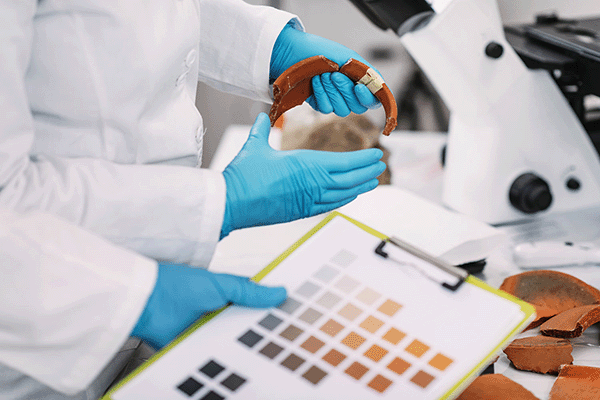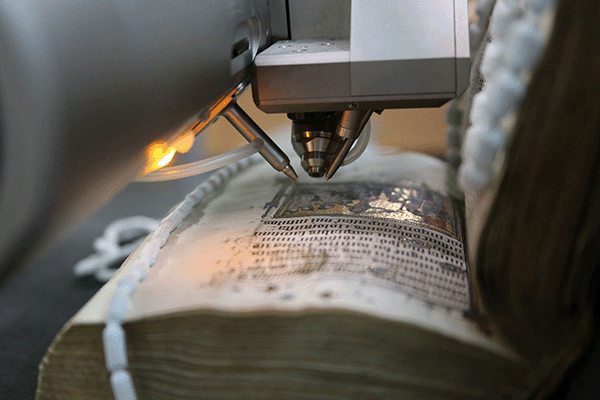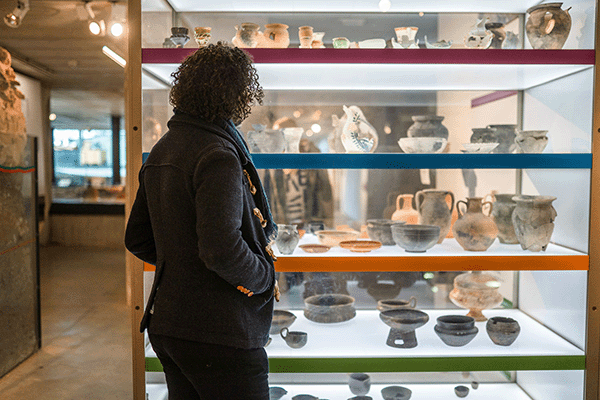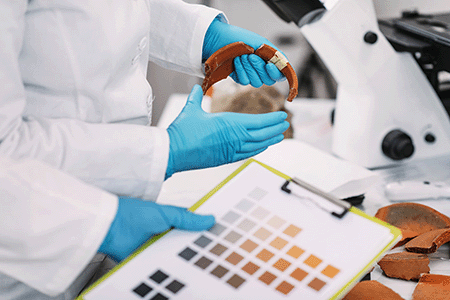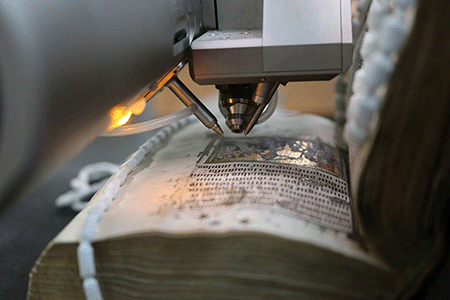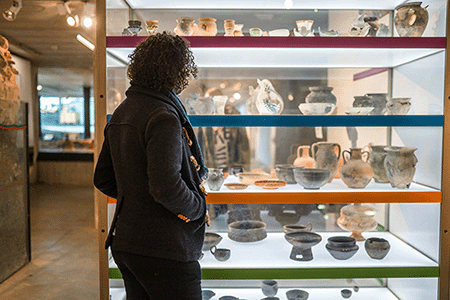Organisation: University of Southampton
Principal investigator: Fraser Sturt
Project overview
The rivers, lakes, coastlines and seas of the UK feature some of its most significant and vulnerable heritage assets, from ancient tools and footprints to shipwrecks and ports. These assets are facing challenges from rapid environmental changes and increasing pressures from development and tourism.
These dynamic environments present complex challenges for archaeological investigation, limiting the ability of heritage scientists and community groups to quantify, investigate and manage these resources due to high costs of equipment hire and purchase. This project aims to overcome these barriers by enhancing access to advanced equipment and expertise for archaeological investigations across marine, coastal and freshwater locations.
Project purpose
The project aims to enhance geophysical and geotechnical data collection using advanced state-of-the-art uncrewed surface vessels, remotely operated vehicles and specialised sensors. The project aims to improve access to 4D data capture across different scales and resolutions, utilising technologies such as laser scanning, photogrammetry and lidar.
This project will establish capabilities for data processing, visualisation, engagement and archiving through a digital laboratory, improving data management and analysis. This initiative will result in the establishment of the Coastal and Inland Waters Heritage Science Facility, a facility that will foster interdisciplinary collaboration to support heritage scientists operating in marine, coastal and freshwater locations.
Project impacts
By establishing the Coastal and Inland Waters Heritage Science Facility, the new infrastructure will foster an interdisciplinary community of practice, empowering heritage scientists, researchers and community groups to utilise advanced data capture and processing techniques. It will facilitate training initiatives and promote AI and cloud-based methods for large-scale data analysis.
The project aims to engage diverse audiences through digital and physical outputs, promoting a culture of equipment, data and knowledge exchange. The generated knowledge will address core heritage science challenges and will contribute to broader disciplines like oceanography, earth science, engineering, geography and renewable energy, providing critical insights into climate change impacts on heritage.


